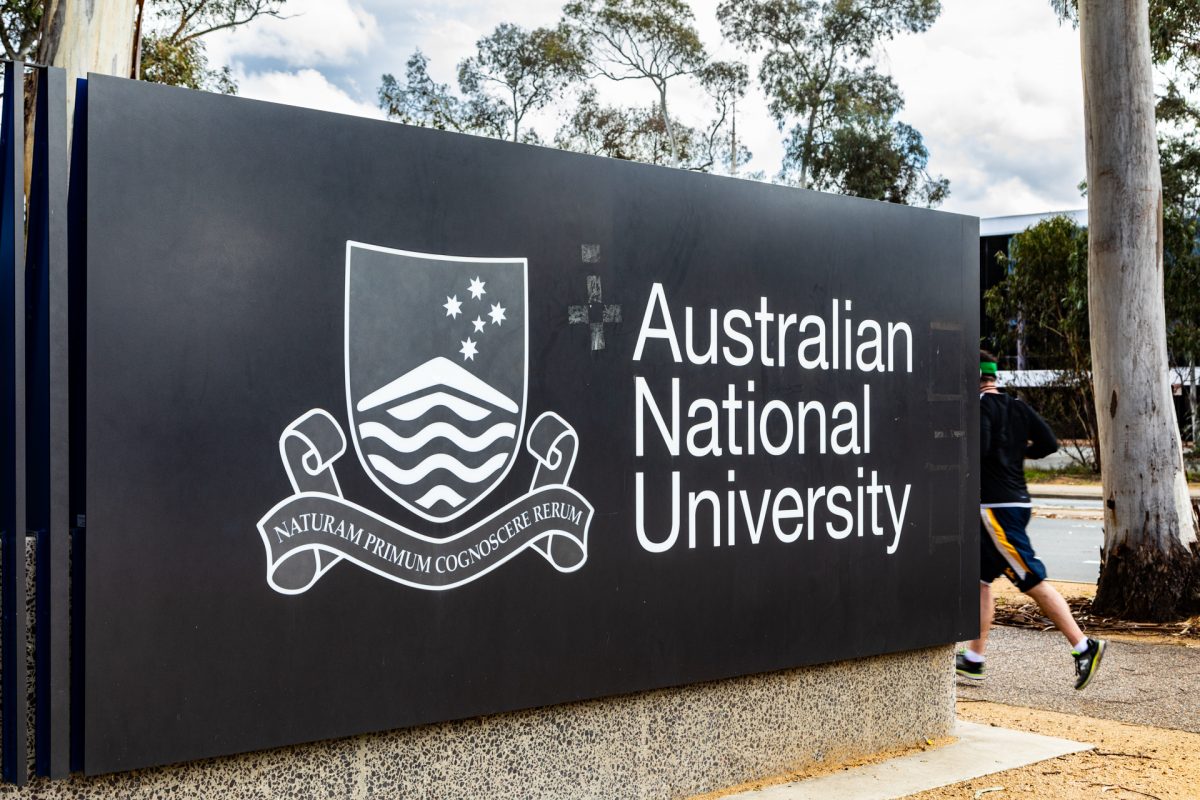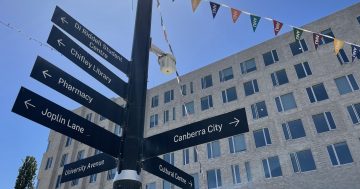
Australian National University and the National Tertiary Education Union have been negotiating the terms of a new Enterprise Agreement since November (2022). Photo: Michelle Kroll.
National Tertiary Education Union (NTEU) members at the Australian National University (ANU) will leave offices and classrooms to strike for half a day on Thursday (27 July).
The union also notified of full-day strikes for Monday 7 and Tuesday 8 August if a new Enterprise Agreement, which has been under negotiation since November (2022), cannot be reached.
The industrial action has drawn mixed reactions, with NTEU ACT secretary Dr Lachlan Clohesy describing it as an exciting time for staff to stand up for fairer salaries and better working conditions.
However, outgoing ANU vice-chancellor Brian Schmidt said in a blog update the action was a surprising and disappointing outcome of seemingly constructive talks with NTEU representatives.
“I sat down with the NTEU’s representatives and had a frank discussion about the remaining issues that are keeping us from reaching an agreement,” he said.
“It was a highly constructive conversation and led to the university proposing a new set of salary increases and ways to avoid inappropriate casualisation of our workforce.”
ANU made a revised pay offer last week which provided an 18.5 per cent (or 20 per cent compounded) pay increase over the five-year life of the proposed new Enterprise Agreement.
A university spokesperson said considerable progress had also been achieved on opportunities for First Nations staff, flexible work, workloads and gender affirmation and personal leave.
Dr Clohesy attributed the significant progress made in the past month to the union’s announcement that strike action was being considered, but said there were still unresolved issues.
He named the four key demands as fairer salaries, healthier workloads, more flexible work opportunities and of particular relevance to strike day, better job security for casual staff.
“Our casual members are our most marginalised and vulnerable within the university community,” Dr Clohesy said.
“They can be let go with one hour’s notice for no real reason. They don’t get work over summer. They don’t get work in between semesters. So, they really struggle to make a living.
“So our members, basically in solidarity with our casual members in particular, were not willing to come to terms on a deal without looking after our casual members.”
The union has asked for a reduction in casual staff as a percentage of the university workforce and the opportunity for existing casual staff to move into more secure jobs.
Vice-chancellor Schmidt said the university was committed to ending inappropriate casualisation of its workforce and was prepared to end most casualised contracts for non-students.
“It is therefore both surprising and disappointing to me that our discussions on casualisation remain the reason the NTEU intends to strike next week and has now proposed a second set of strikes in August,” he said.
“While we recognise the right of staff to take industrial action, I would hope it would only be used when there are genuine disagreements. I ask the NTEU to reconsider its proposed industrial action.”
A university spokesperson said pathways to secure employment for casual staff and amended definitions of casual sessional academic activities were being discussed with the union.
“While we are confident of reaching an agreement with all parties soon, we respect the NTEU’s right to take industrial action,” the spokesperson said.

















